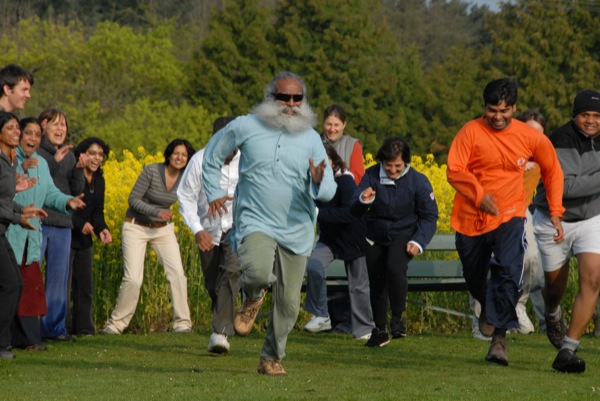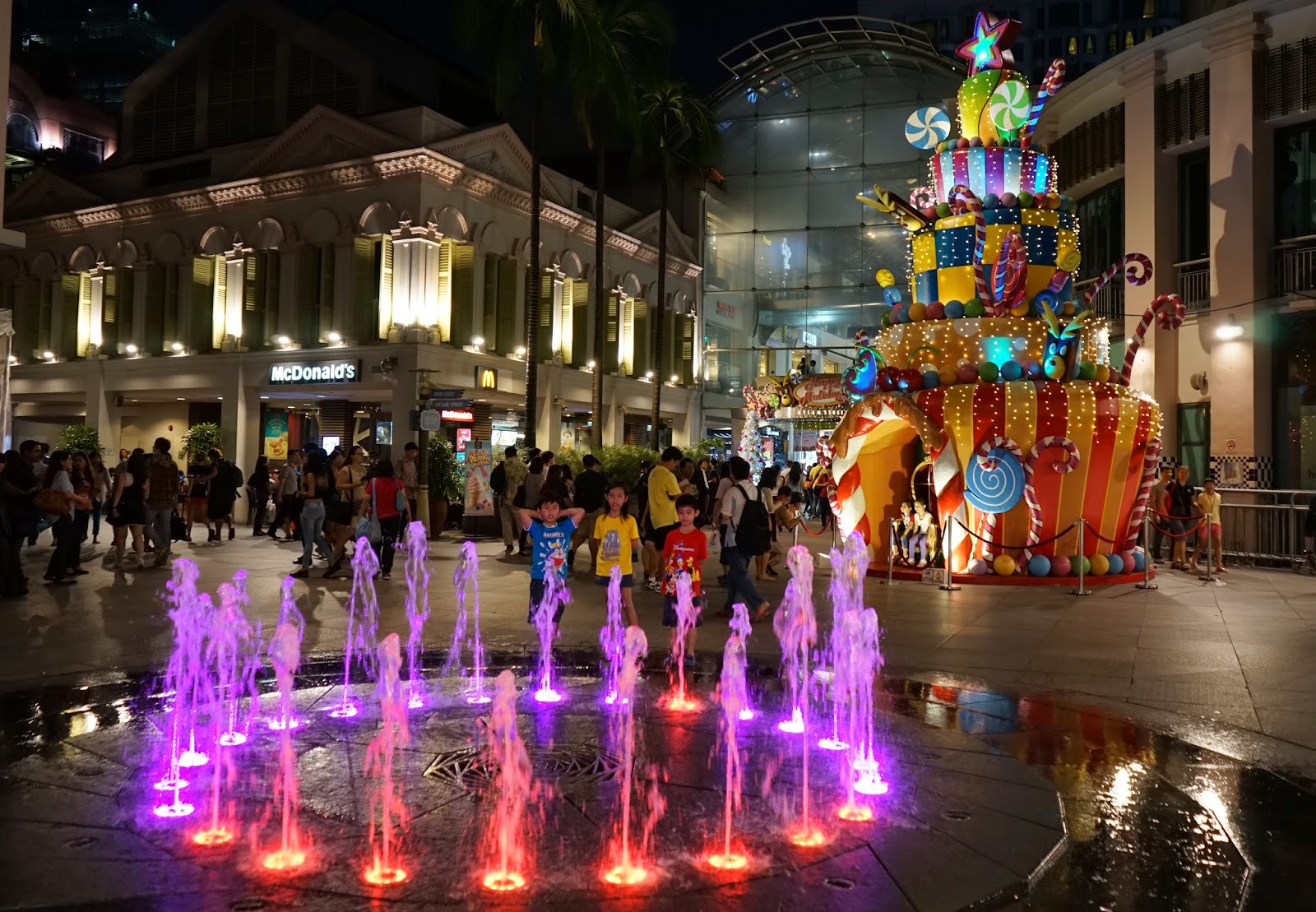Sadhguru
Sadhguru, should we be open to other cultures or should we stick to our own culture?
First I want you to understand this: what somebody did yesterday is today’s culture, and the mess that you create today is going to be tomorrow’s culture. Cultures were not engineered towards a purpose. It generally happened according to the requirements of the land and the situation that existed at that period.
Don’t choose any cultures. Act intelligently in your life, without identifying with any culture. Every culture has something to offer. If you have chosen to take your life in a particular direction, a certain type of culture is advantageous. If your life is all about enjoying the external of life, turn West. If your life is about knowing the inner dimensions, turn East.
So, the choice is not about which culture. The choice is about what is it that you want to do with your life. What is suitable for your search, your longing, you arrange your life intelligently around that.
If you have chosen to walk the spiritual path, then you need to create a certain type of culture. Wherever there was a genuine spiritual process, uncannily you will see, generally they developed a same kind of culture anywhere in the world, unconnected. If a realized being speaks about how to be, you will see it is almost word by word the same anywhere. But over a period of time, those things get distorted, get influenced by the local cultures and organized forms of religion, and get totally into a different shape and form.
At one time, the whole Indian subcontinent had a culture like the one we are trying to create in Isha: a balanced state of chaos and order. It’s very difficult to manage these two things at the same time. If we want to make everything orderly, it’s very easy. Everything will work properly but the spirit will die. If you make it very chaotic, people will become very spirited but things will collapse. Once things collapse, people also fall apart.
When we say rollercoaster, people usually think it’s a wild thing. Not true. A rollercoaster is more controlled than your car. If you drive your car, it may go off here and there a little bit. Any moment you can go off the road and back on the road. A rollercoaster is fixed on its rails 100%, always on the track, never goes off for a moment. It’s in perfect order but in the experience on the surface it’s a total disorder. Only people who are sitting in it think it’s a wild thing. For people who manage it, it’s a perfect machine, in proper order. It never goes off the track.
So, spiritual culture is always like a rollercoaster. One part of it is perfectly on rails always. The rest of it goes wild. It looks like you don’t want to have anything to do with it because it’s so crazy. At the same time another part of it, the bottom line is fixed so perfectly well that it never goes off the track. It takes a steady stomach to take that ride. (Laughs) If you don’t have a stable stomach, you can’t even sit in it.
You can bring a culture into yourself where, whether it is footwear or a crown, you handle it with the same care and concern. Whether it’s an ant or an elephant, you treat it with same concern. Whether somebody is a king or a beggar, you treat them the same way within yourself. If you learn to do the simple tasks of your life and the most important tasks of your life with the same level of involvement, if you don’t make a distinction that something is dear to you and something not dear to you, that’s a conducive culture for a spiritual seeker. No other culture is good for you.



.JPG)

 In addition to the three historic turnings attributed to Buddha, there have also been three evolutionary turnings that Buddhism has undergone (four according to some accounts, if you include Tantra. If so, we would be talking of a "Fifth Turning," but we’ll keep it simple with the more common three so far.)
In addition to the three historic turnings attributed to Buddha, there have also been three evolutionary turnings that Buddhism has undergone (four according to some accounts, if you include Tantra. If so, we would be talking of a "Fifth Turning," but we’ll keep it simple with the more common three so far.).JPG)









.JPG)






